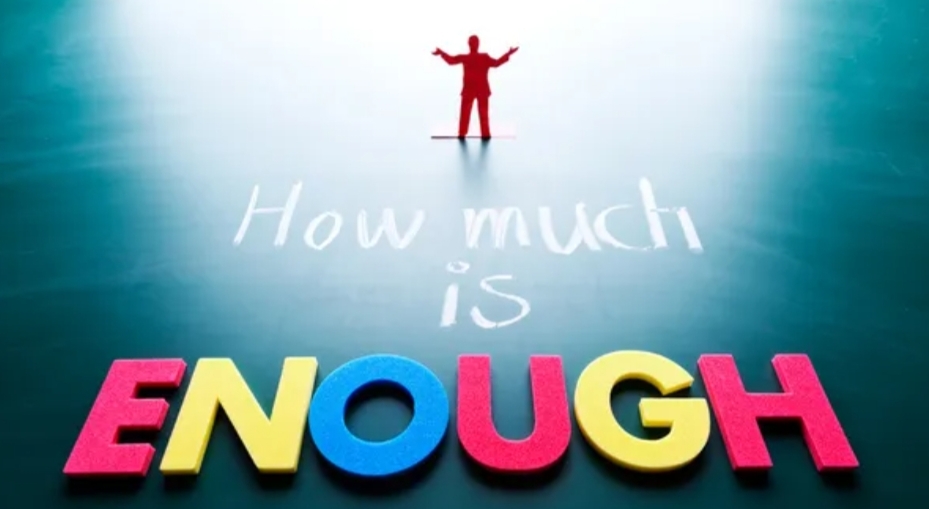
Humans are complex creatures with the ability to think, reason and problem solve. However, it is often observed that humans have a tendency to create problems for themselves even when there is no apparent need to do so. This begs the question: why do humans love creating problems for themselves when there is none?
One reason for this behavior can be attributed to human nature and our innate tendency to seek out challenges and obstacles. Humans are wired to constantly seek out new goals and challenges in order to grow and develop. When faced with a lack of challenges or problems, humans may unconsciously create or amplify existing problems. In order to provide themselves with a sense of purpose and achievement.
In addition, humans have a natural inclination towards drama and conflict. We are drawn to stories and situations that are filled with tension, emotion and conflict. This can lead to unnecessary drama and conflict in our own lives. We may subconsciously seek out or create problems in order to fulfill this need for excitement and stimulation.
Furthermore, humans have a tendency towards overthinking and overanalyzing situations. This can lead to the creation of problems that do not actually exist. We may exaggerate and magnify minor issues or misunderstandings. We may also worry excessively about the future, leading us to create problems in our minds that have not yet occurred.
Another reason why humans create problems for themselves can be attributed to our need for control and certainty. Humans have a natural desire to feel in control of their lives and to minimize uncertainty and risk. When faced with a lack of control or uncertainty, we may create problems in order to regain a sense of control and certainty over our lives.
It is also important to consider the role of external factors such as societal pressures, cultural norms and expectations. Humans are social beings who are influenced by the opinions and judgments of others. In order to fit in and conform to societal expectations, we may create problems for ourselves. In order to meet these expectations or to avoid judgment and criticism.
Therefore, there are a variety of reasons why humans create problems for themselves when there is none. From our innate need for challenges and excitement, to our tendency towards drama and conflict, to our desire for control and certainty, there are a multitude of factors at play. By being aware of these tendencies and actively working to address them, we can strive to live more peaceful and fulfilling lives.









